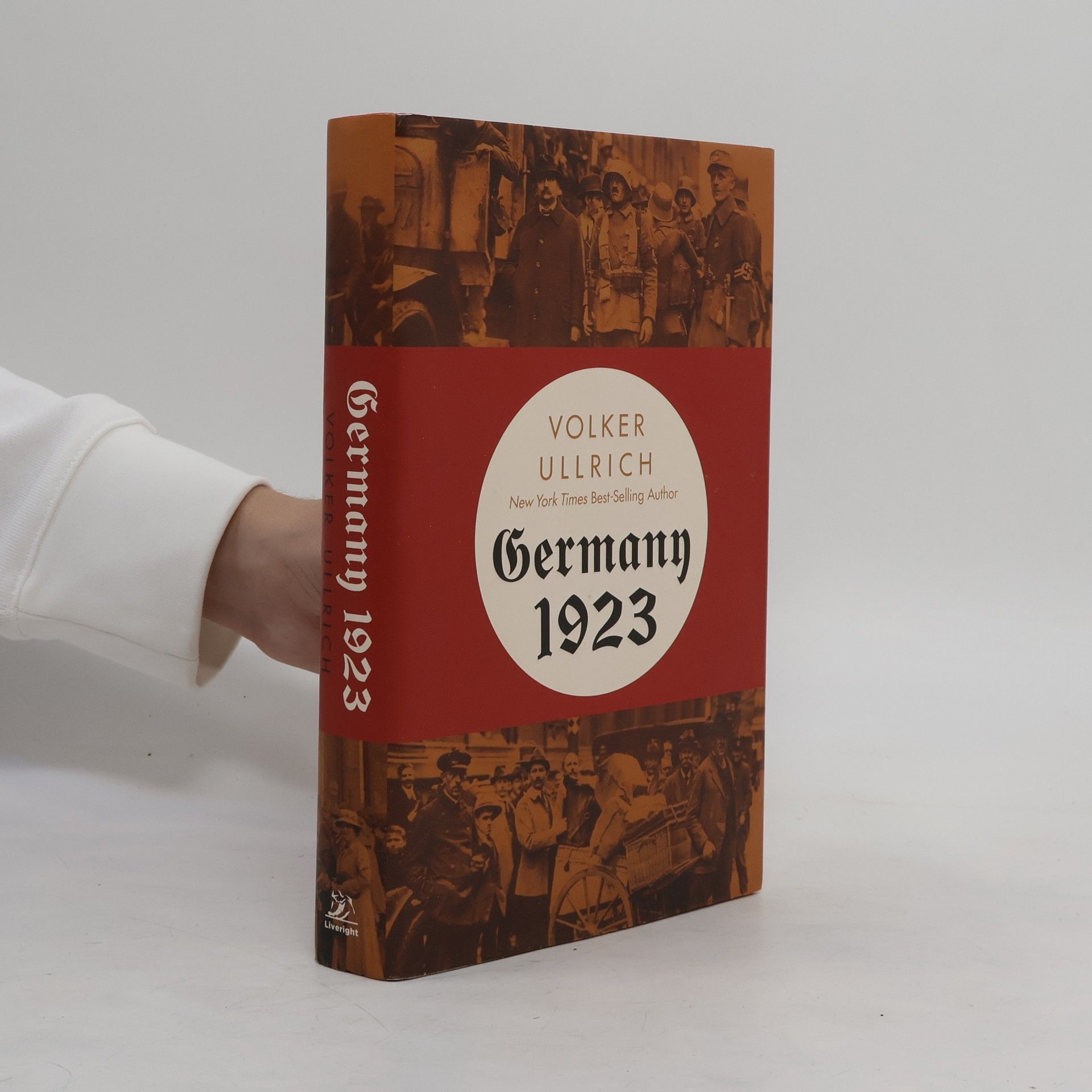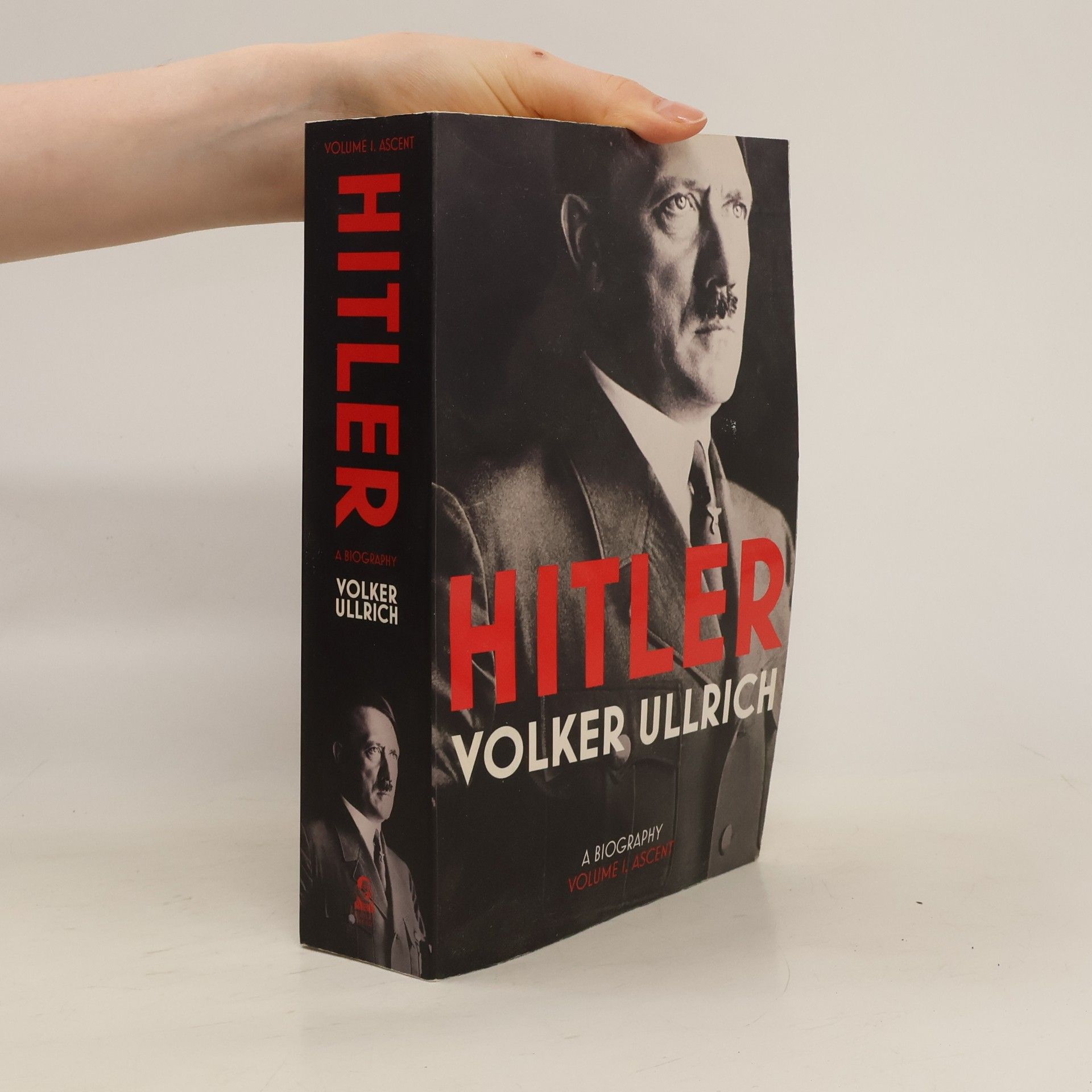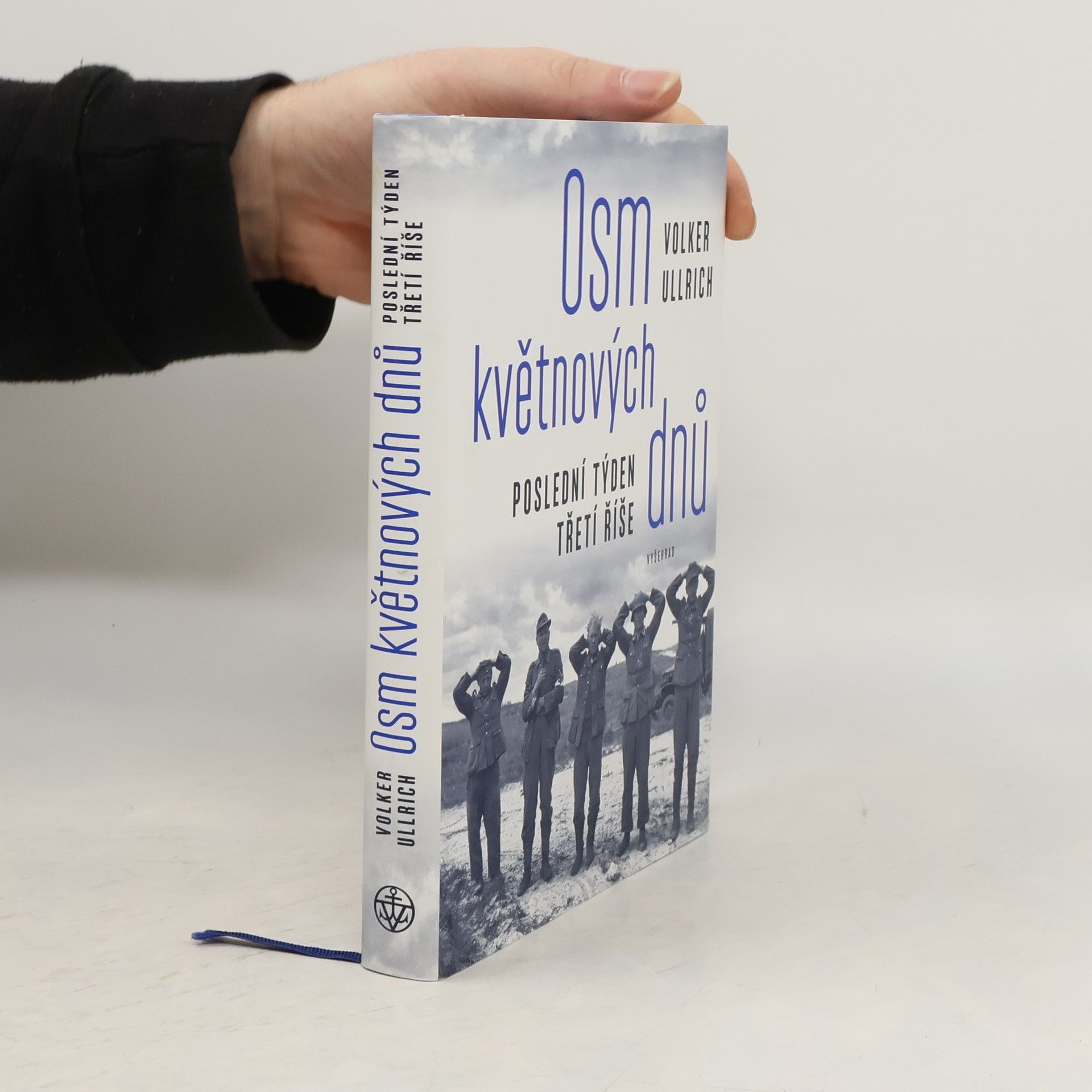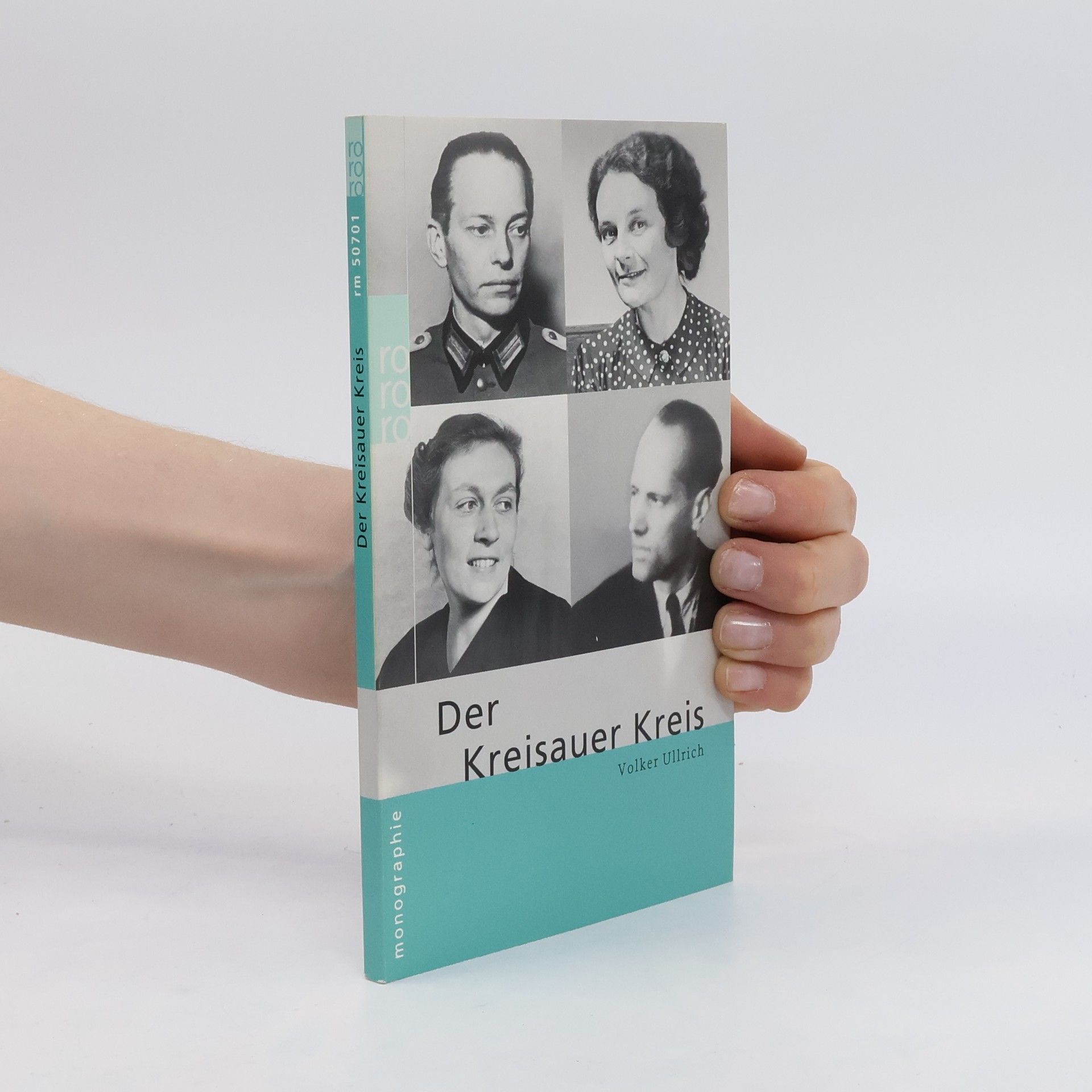Osm květnových dnů: Poslední týden třetí říše
- 288 stránok
- 11 hodin čítania
Minulost, která ještě neskončila, a budoucnost, jež zatím nezačala. Začíná poslední týden třetí říše. Hitler je po smrti, ale válka ještě neskončila. Všechno jako by se zastavilo, a přece je všechno v překotném pohybu. Volker Ullrich líčí tento „čas bezčasí“ den po dni a zavádí čtenáře do hroutícího se světa plného dramat a naděje, násilí a strachu. Poslední pochody smrti, divoké odsuny, hroutící se moc nacistických pohlavárů, osvobozené koncentrační tábory – to vše patří k oné mezeře mezi minulostí a budoucností. Mozaika „Osmi květnových dnů“, kterou z jednotlivých kamínků sestavil novinář a Hitlerův životopisec Volker Ullrich, představuje napínavější četbu než leckterý thriller.







